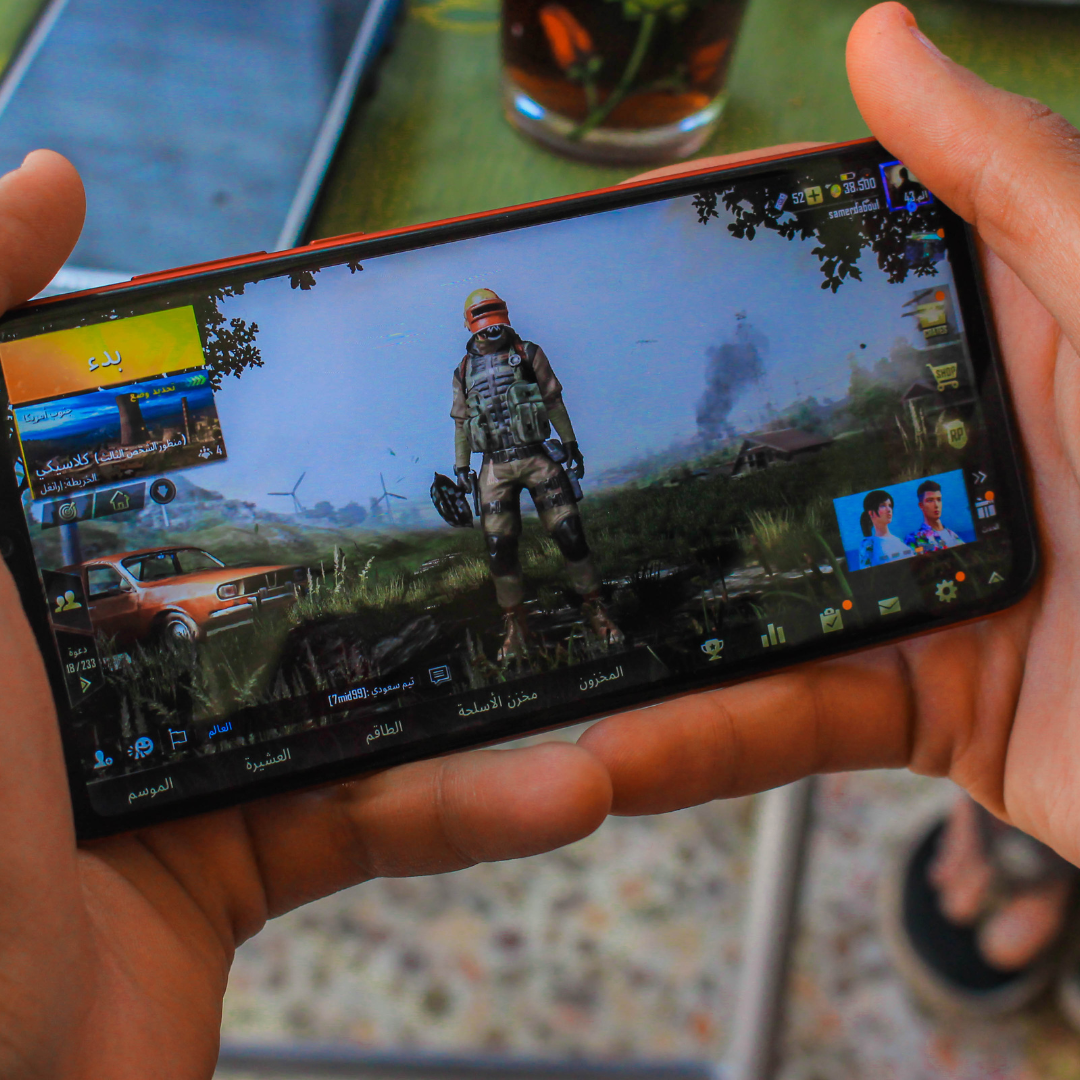Gaming has increasingly become a significant part of daily life for many individuals, raising questions about its impact on mental health. Research suggests that video games can offer various psychological benefits, including stress relief and social connections. Many find that engaging in gaming helps to reduce anxiety and improve mood, providing an effective outlet for emotional expression.
On the other hand, there are concerns regarding excessive gaming and its potential negative effects on mental well-being. Issues such as addiction and social withdrawal can arise, leading to detrimental outcomes for some players. Understanding how to balance gaming with other aspects of life is crucial for maintaining a healthy mental state.
As the gaming community grows, so does the conversation surrounding its mental health implications. Players and researchers alike are exploring both the positive and negative aspects of this pastime, encouraging a more nuanced view. The insights gained can help individuals make informed decisions about their gaming habits and mental health management.
The Impact of Gaming on Mental Health
Gaming holds a complex relationship with mental health, encompassing both beneficial effects and potential risks. Understanding this balance is crucial for recognizing how gaming can influence psychological well-being.
Understanding Gaming Disorder
Gaming Disorder is classified by the World Health Organisation (WHO) as a condition where gaming behavior is severe enough to significantly impair daily life. Key indicators include a preoccupation with gaming, withdrawal symptoms, and loss of interest in other activities. Individuals might neglect responsibilities, leading to deterioration in relationships and work performance. This disorder can co-occur with other mental health issues, such as anxiety or depression, complicating diagnosis and treatment. Identifying symptoms early is essential for effective intervention and support.
Mental Wellbeing and Positive Effects
Gaming can serve as a tool for enhancing mental well-being when approached mindfully. For many, it offers a means of stress relief and an avenue for social interaction. Multiplayer games, for instance, foster teamwork and communication skills, promoting a sense of belonging. Additionally, some studies indicate engaging with certain types of games can improve cognitive functions like problem-solving and strategic thinking. The immersive experiences in gaming can also provide an escape, allowing individuals to recharge amidst daily pressures.
Negative Consequences of Excessive Gaming
Excessive gaming can lead to detrimental mental health outcomes, including increased levels of anxiety and depression. Prolonged gaming sessions may disrupt sleep patterns, affecting mood and cognitive function. Furthermore, there can be an escalation in aggressive behavior in some players, partly due to exposure to violent content. It is crucial to monitor gaming habits, as addiction can develop, resulting in isolation and neglect of personal health care. Recognizing the signs of excessive engagement is vital for maintaining a balanced approach to gaming and protecting mental health.
The Role of Gaming in Socialisation and Coping
Gaming has become a significant avenue for social interaction and a valuable tool for coping with various challenges. It provides a platform for young adults to build connections and find support during difficult times, especially in the context of increased loneliness exacerbated by the pandemic.
Strengthening Social Connections
Video games often facilitate socializing by offering communal experiences that bridge geographical gaps. Multiplayer games allow players to collaborate or compete, fostering a sense of belonging among them.
Many young adults find friends through online gaming, which can lead to long-lasting relationships that extend beyond the screen. During the pandemic, gaming became a vital outlet for maintaining social connections. Virtual gatherings and gaming sessions served as support groups for individuals feeling isolated, helping them interact in a safe and engaging environment.
Gaming as a Coping Mechanism
For some, gaming serves as an effective coping mechanism, providing an escape from daily stresses. Engaging with games allows individuals to immerse themselves in different realities, momentarily alleviating feelings of anxiety and depression.
The structured nature of games can create a sense of achievement, boosting self-esteem and lifting moods. Additionally, online gaming communities often offer emotional support, as players share their experiences and challenges. This can be especially beneficial for young adults navigating difficult situations, providing a sense of solidarity and understanding.
Healthier Gaming Practices
Engaging with video gaming can be enjoyable and beneficial when approached mindfully. Practicing healthy gaming habits and ensuring moderation are essential for mitigating potential negative impacts on mental health.
Promoting Healthy Gaming Habits
Healthy gaming habits start with setting clear boundaries. Players should establish specific time limits for gaming sessions to prevent excessive play. Timers or reminders can help enforce these limits. Incorporating breaks into gaming routines is also crucial. Regular breaks improve focus and reduce the risk of burnout. For example, a technique like the Pomodoro Technique—15-25 minutes of play followed by a 5-minute break—can be beneficial.
Additionally, diversifying activities can enhance mental well-being. Engaging in physical exercise, social interactions, or hobbies outside of gaming fosters a balanced lifestyle. Prioritizing sleep and nutrition also supports better concentration and emotional stability.
Moderation and Mental Health Support
Moderation plays a vital role in ensuring gaming remains a positive experience. Recognizing signs of gaming addiction, such as neglecting responsibilities or social isolation, is essential. If these signs appear, seeking support from mental health services can provide necessary guidance.
Gamers must discuss their gaming habits with friends or family. Supportive relationships help create accountability. They can encourage players to maintain a balanced approach. Introducing problem-solving skills through gaming can be beneficial. Players can learn to navigate challenges without becoming overly fixated. Developing these skills assists in managing frustrations and building resilience, contributing positively to both gaming and personal challenges.
The Psychological Benefits of Gaming
Gaming can offer significant psychological benefits, including cognitive enhancements and improvements in emotional regulation. These aspects contribute to the overall mental well-being of individuals who engage with games regularly.
Cognitive Enhancements and Skill Development
Engaging in gaming can lead to various cognitive enhancements. Players often experience improvements in problem-solving skills, as many games require strategic thinking and quick decision-making. This active engagement promotes mental agility and the ability to analyze complex situations.
In addition to critical thinking, gaming encourages the state of flow, where players become fully immersed in their activities. This immersion can lead to heightened focus and concentration. Educational games also enhance cognitive functions such as memory retention and spatial awareness, fostering skill development that can be applied beyond the gaming environment.
Emotional Regulation and Positive Mood
Gaming can serve as an effective tool for emotional regulation. Players may find that their engagement in gaming provides a distraction from stress and anxiety, allowing for temporary relief from daily pressures.
Moreover, many games incorporate elements that boost a positive mood, such as rewarding achievements and social interactions. Positive feedback fosters a sense of accomplishment and encourages resilience. Cooperative gameplay can enhance social connections, further contributing to improved emotional well-being and a supportive community environment.





Leave a Reply